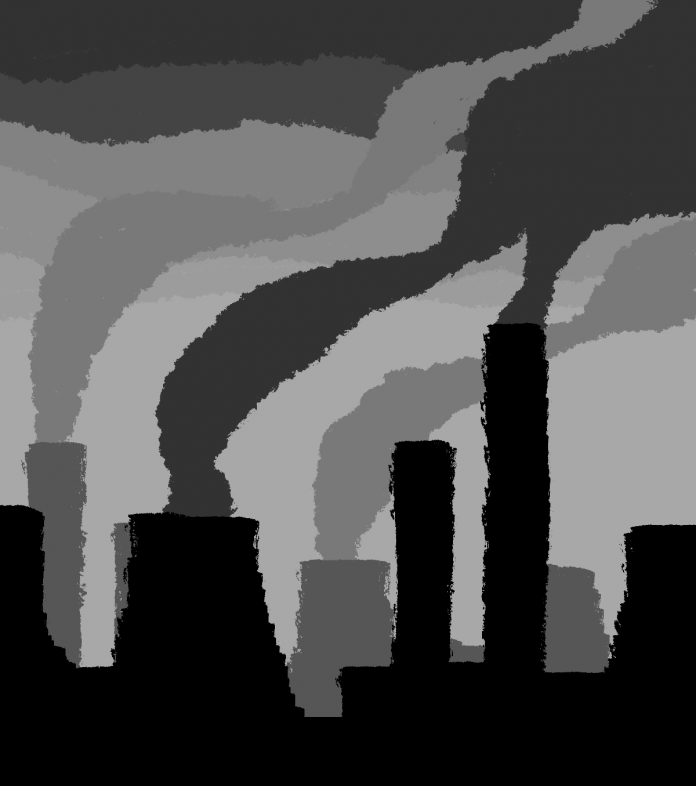Compostable utensils and reusable water bottle filling stations make for pretty optics, but camouflage institutional responsibility.
We have been desensitized by the vocabulary of climate change. The language of “code-red” and “existential crisis” has dulled into everyday babble. The promises of net-zero and clean energy by 2030, 2035 and 2050 barely phase us. It is exhausting to imagine structural change, and not only is it painful, it feels impossible. However, we can start with what we know. We can fight for equitable reforms that reorganize resources and power, starting right here on campus.
Divestment is a simple principle: taking away money from companies involved in unethical behavior. It fulfills both means and ends: obeying a moral standard of behavior as well as ending complacency in future consequences.
Divestment means pushing the College of William and Mary to sell shares from companies involved in fossil fuel extraction. This money comes from endowments, an important financial resource for the College, which come from large pools of funds from individual donations, often private donors. Universities are usually free to use this money as seen fit, with input from donors. Nevertheless, a university should not put donors’ interests before students’ voices. We have a say in the institution’s direction.
On May 4th, 2021, the William and Mary Student Assembly passed the Divest from Fossil Fuels Revival Bill, calling on the College to put its endowment into “companies with proven support of BIPOC communities, green funds, and organizations focused on solving the climate crisis.” We now wait on the Board of Visitors and Administration to do what is long overdue.
A few decades ago, Americans engaged in a divestment movement protesting companies doing business in apartheid South Africa. Many of those actions began right here on college campuses, which the current fossil fuel divestment movement has now overtaken. Harvard announced in early October that they would divest from fossil fuels, joining the over 1,300 schools and institutions who have divest or announced plans to divest. It is time that America’s second-oldest high education institution made the same commitment.
The College loves pointing to its historical roots, but perhaps needs reminding that history banks on change, or else there would be no reason to document the past. History is also a paper trail, remembering when the College faltered and when it rose.
Those who say that divestment will have a limited impact are probably right. One financial decision made by one institution is not enough. However, data can give us hope. A recent 2021 study found that the fossil fuel divestment movement has reduced the flow of capital to the fossil fuel industry, and another 2020 study concluded that divestment does not significantly harm investors who seek to divest from fossil fuels. Of course, combatting the climate crisis will require creativity and innovation in all disciplines, industries, and institutions.
We have a lot to do as the climate clock ticks relentlessly. Administration-student relations are universally and notoriously tense, but we should not forget the college campus as a hub of knowledge and hope. We should not underestimate our force as a collective student body. We must demand the College to commit to fossil fuel divestment. We must demand the College commits to its 2019 promise to achieve net zero greenhouse gas emission by 2030. Is it worth trying to twist empty promises into a violation of the Honor Code?
For now, I gladly feed my superiority complex whenever I use the green reusable food container at Sadler. But put the hundreds of thousands of endowment money where your mouth is.
Enya Xiang ’25 is a History major in the William & Mary/St. Andrews Joint Degree Program. She is from outside Philadelphia and writes for the Opinion section. Outside of the Flat Hat, she is part of William & Mary’s Innocence Project Club and enjoys kayaking and writing limericks. Email Enya at exiang@email.wm.edu.

